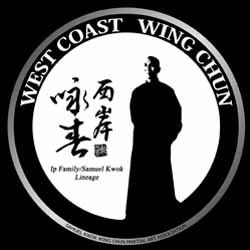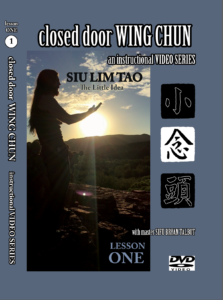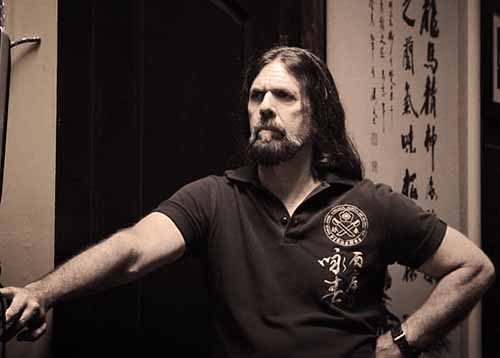“Is Wing Chun effective in a real fight?”
“Is Wing Chun effective in a real fight?” This question frequently arises in discussions about martial arts, with a particular focus on Wing Chun Kung Fu. The unequivocal answer is yes—Wing Chun stands as one of the most formidable and practical martial arts disciplines. Its origins lie in the demands of real-life combat scenarios, both on the battlefield and in the streets, where the ability to survive is paramount. Wing Chun diverges from the sphere of competitive sports and rings, being meticulously crafted for genuine life-or-death situations. It is no mere coincidence that law enforcement, bodyguards, military personnel, and special forces consistently favor Wing Chun as their martial art of choice. While critics and skeptics may voice doubts, dedicated practitioners passionately attest to the efficacy of Wing Chun. In this article, we will delve into this question and unveil the truth surrounding the applicability of Wing Chun in real-life combat situations.
The Wing Chun Approach
Before diving into answering the question, “Is Wing Chun effective in a realfight?”, it’s crucial to understand the core philosophy and principles of Wing Chun. Unlike some martial arts that rely on brute force or flashy techniques, Wing Chun takes a pragmatic and minimalist approach to self-defense:
1. Simplicity and Efficiency
Wing Chun techniques are straightforward and efficient. Movements are minimal and direct, making them easier to execute under pressure.
2. Centerline Theory
One of the central tenets of Wing Chun is controlling the centerline—the most direct path between you and your opponent. By dominating this line, Wing Chun practitioners can neutralize attacks and strike with precision.
3. Simultaneous Attack and Defense
Wing Chun emphasizes the ability to defend and attack simultaneously, reducing the time an opponent has to react.
4. Close-Range Combat
Wing Chun excels in close-quarters combat, where most real-life altercations occur. It equips practitioners to respond effectively when the fight is in close quarters.
Real-Life Effectiveness in a Fight
Now, let’s address the question: Is Wing Chun effective in a real fight?
1. Adaptability
Wing Chun’s principles are adaptable to various scenarios. Although commonly misunderstood Wing Chun is effective in three fighting ranges, long, medium and close range. This allows an experienced practitioner to adapt quickly and flow through each fighting range, ultimately using Wing Chun’s most famous and unparalleled close range fighting tactics to finish a fight.
2. Practical Self-Defense
Wing Chun’s focus on practicality makes it a reliable self-defense system. Its techniques neutralize threats swiftly, making it suitable for real-life situations.
3. Size and Strength Independence
Wing Chun is not dependent on physical size or strength. Smaller individuals can effectively defend themselves against larger and stronger opponents because of its emphasis on technique, leverage and positioning.
4. Combat Training
Many Wing Chun schools incorporate sparring and pressure testing to ensure that techniques work in real combat situations. This practical experience helps practitioners apply their skills effectively.
5. Confidence and Awareness
Training in Wing Chun can boost confidence and situational awareness. This can be a powerful deterrent to potential attackers and help individuals avoid physical confrontations altogether.
Conclusion: “Is Wing Chun really effective in a fight?”
In answering the question, “Is Wing Chun really effective in a fight?” the evidence is clear it is indeed a practical and effective martial art, especially in close-range combat scenarios. Its emphasis on technique, adaptability, and the ability to defend against larger opponents make it an invaluable fighting system.
However, it’s important to note that no martial art is a one-size-fits-all solution. Wing Chun’s effectiveness also depends on the practitioner’s skill level and commitment to training. Like any martial art, Wing Chun is most effective when combined with proper training, discipline, and a commitment to its principles. Ultimately, whether or not Wing Chun is effective in a real fight is a question that can be answered with a resounding “YES!”.




